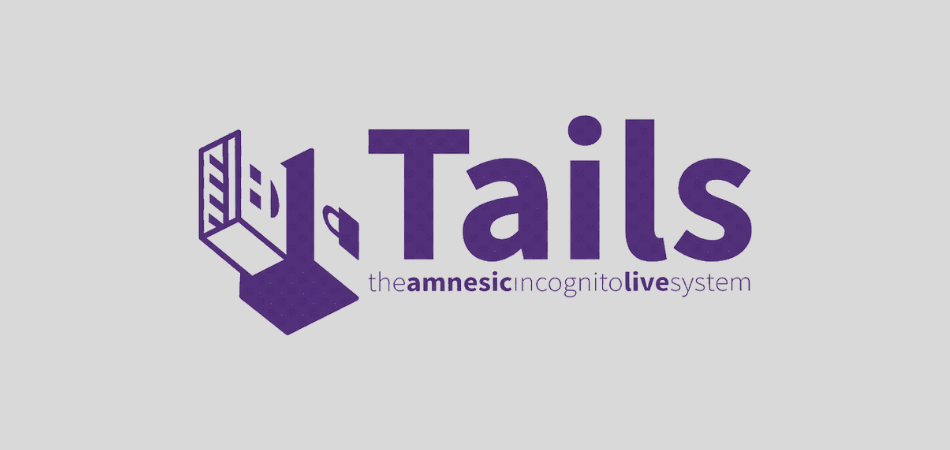
The Tails project has released version 6.11 of its privacy-focused operating system, addressing multiple critical vulnerabilities that could compromise user anonymity and system integrity. These flaws, discovered during an external security audit by Radically Open Security, were responsibly disclosed and patched in the latest release.
Tails, short for “The Amnesic Incognito Live System,” is a Debian-based Linux distribution designed to preserve user privacy and anonymity by routing all network traffic through the Tor network. The project is closely affiliated with the Tor Project.
Tails is widely regarded as a vital tool for activists, journalists, and whistleblowers who rely on the Tor network for secure, anonymous communication. The OS is designed to run from a USB stick or DVD, leaving no trace on the host machine. By default, it forces all network traffic through the Tor network, ensuring a high level of privacy.
Overview of flaws
The vulnerabilities patched in Tails 6.11 pose serious risks to users, though they required attackers to meet specific prerequisites for exploitation:
Persistent Malware Installation via Tails Upgrader (#20701):
An attacker who already gained control of an application running on Tails could exploit a flaw in the Tails Upgrader to install malicious software. This software could then survive reboots, compromising the core principle of Tails as an ephemeral system. The impact of this attack would be permanent compromise of the Tails USB stick, potentially allowing attackers to control or monitor activity across sessions.
Deanonymization and Online Monitoring (#20709 and #20702):
Vulnerabilities in critical applications could allow attackers to monitor or manipulate network activity. Specifically, an attacker could obtain details about Tor circuits and potentially disrupt them. This could allow connections bypassing Tor, exposing a user's IP address, observe browsing activity on Tor, and reconfigure or block Tor connections.
Persistent Storage Manipulation (#20710):
An attacker could alter Persistent Storage settings, potentially exposing sensitive data or introducing malware. The main impact of such an action is unauthorized access to or alteration of sensitive files stored in the Persistent Storage.
Practicality of exploitation
While these vulnerabilities present significant risks, exploiting them requires a “powerful attacker” capable of first compromising an application in Tails. This includes adversaries who have already bypassed other layers of Tails' robust security. Such a scenario might involve state-sponsored actors or advanced persistent threats (APTs) targeting high-value users.
In the past, there have been cases of law enforcement operations that targeted flaws in Tails and compromised applications of Tails users to unmask them, so such an attack wouldn't be unprecedented.
Other updates
Tails 6.11 also introduces several enhancements aimed at improving user experience and system reliability, summarized as follows:
- The OS can now detect corrupted partitions on Tails USB sticks, advising users to reinstall or switch hardware when necessary.
- Tor Browser has been updated to version 14.0.4, and Thunderbird has been upgraded to 128.5.0esr.
- Support for hardware wallets in Electrum has been removed due to compatibility issues with Debian 12.
- The GNOME Text Editor no longer reopens previous files by default, and the Tor status icon now links to the Tor Connection assistant.
Users are strongly urged to upgrade to Tails 6.11 immediately to mitigate the vulnerabilities and take advantage of the new features. The Tails team recommends a manual upgrade for those who have used the system extensively without upgrading, as this method erases potential persistent malware.







Leave a Reply